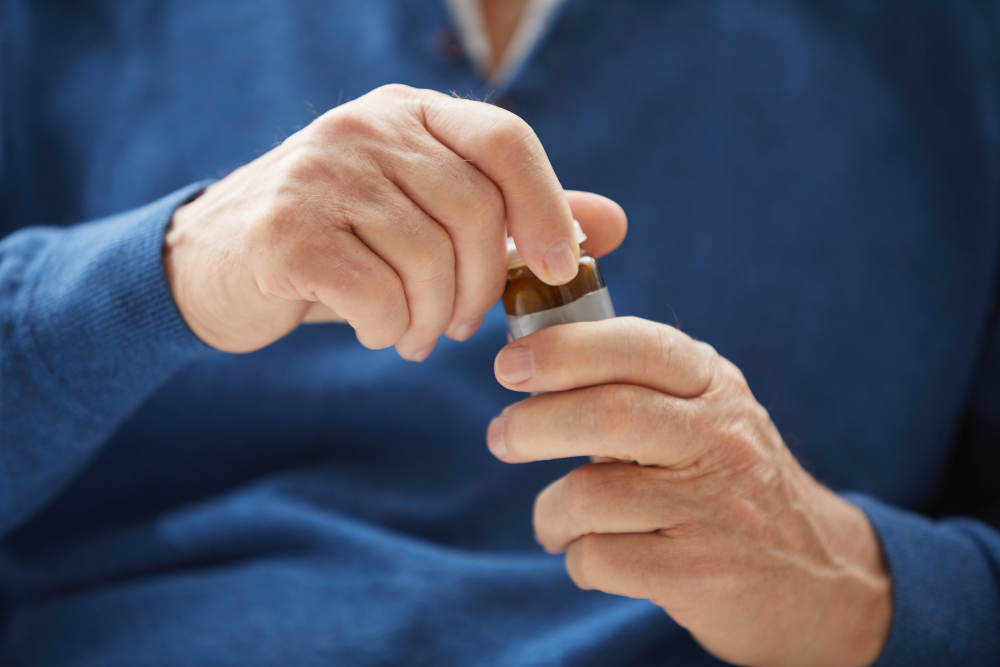How Bad Can Sleeping Pills Really Be?

Surveys show that a majority of senior citizens believe that poor-quality sleep is a normal part of aging. Because they believe this, they may readily turn to over-the-counter sleep aids to help them get to sleep most nights of the week. However, this is not always the best option, and, in some cases, it could actually lead to incredibly harmful side effects.
Taking Medications without a Doctor’s Order
In many cases, the sleep aids that seniors use are over-the-counter medications that typically come with other medications included. For example, common sleeping treatments are often bottled with pain relief remedies. This over-abundance of medications in a senior’s system can spell trouble, especially if he is already taking other prescription medications.
Experiencing Harmful Side Effects
Most over-the-counter and prescription sleep aids produce numerous short-term side effects, and some research is beginning to show that long-term side effects could also be possible. Some of the most common side effects include daytime sleepiness, constipation, urinary retention, memory problems, stomach pain, and nightmares. Many seniors are at higher risk of falls. Some research also points to an increased risk of dementia over time. Even supposedly natural sleep aids cannot be considered to be perfectly safe.
Using Sleeping Pills Wisely
Seniors should only use sleep aids under the guidance of a doctor and should try other non-medicinal treatments first. For example, changing the sleep environment, staying away from certain foods or drinks before bed, and treating underlying conditions, such as anxiety, may be all the help that is needed for high-quality nightly sleep.
Seniors who do not feel that they are getting the highest quality sleep should check with their physicians who may be able to test them for certain conditions that could be causing these issues. A personal physician will also be able to recommend a variety of lifestyle changes that could help improve restorative sleep. Although physicians may recommend a prescription sleep aid on rare occasions, these should not be used long-term in most cases, and they should only be used as prescribed.



